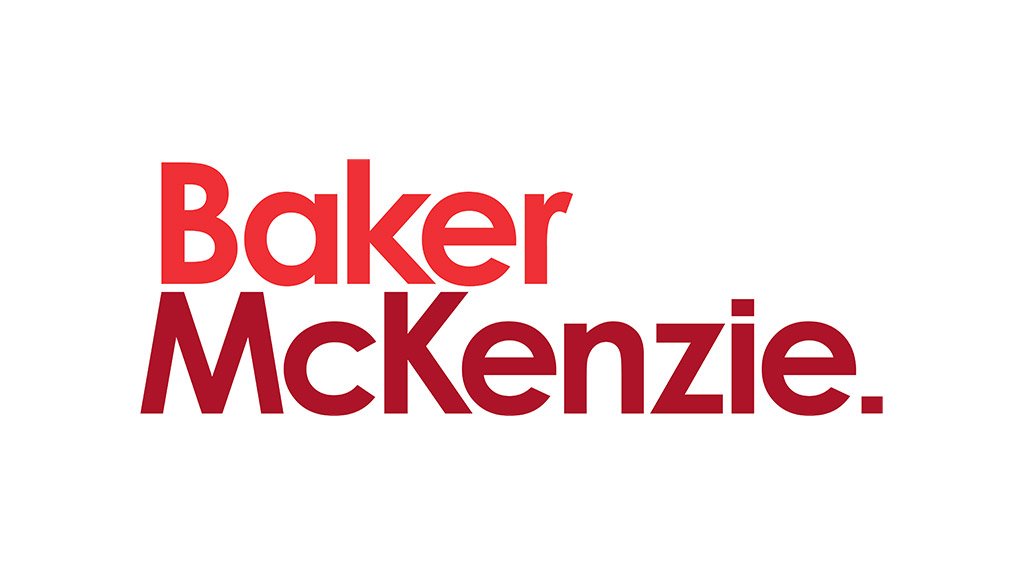The South African Reserve Bank (SARB) has issued Directive 1 of 2020 (Directive for conduct within the national payment system in respect of domestic card transactions) under the National Payment System Act, 1998 (NPS Act) concerning issuing and acquiring domestic card transactions. The Directive introduces regulations for all card issuers, card acquirers and domestic merchants regarding card issuing, acquiring and acceptance services for domestic card transactions. The Directive aims to ensure that the provision of domestic card payment services does not endanger the National Payment System (NPS), and for this reason the SARB requires domestic card issuers to be domestic clearing system participants and that domestic merchants use local card acquirers.
Who needs to comply with Directive 1 of 2020?
All card issuing, acquiring and acceptance services relating to a domestic card transaction must be performed in compliance with South African legislation, Payment Clearing House agreements, clearing and settlement rules. A 'domestic card transaction' is a transaction to effect payment, withdraw cash or transfer funds using a domestic card within South Africa.
No foreign card issuer may issue a domestic card used for domestic card transactions unless it is a domestic clearing system participant. "Domestic card" means a card payment instrument that is issued to a cardholder by a card issuer to perform card transactions within South Africa, although this card may be enabled to perform cross-border/international transactions.
Further, the Directive prohibits the use of a foreign acquirer to acquire domestic card transactions or to provide acquiring services to domestic merchants.
All participants that issue and acquire domestic cards are required to comply with this Directive. Any infringement of this Directive is an offence in terms of section 12 of the NPS Act.
The directive aims to address transactions occurring within South Africa between domestic parties, where such transactions are processed as if they were cross-border transactions as a result of the involvement of a foreign card issuer or card acquirer. When a foreign issuer or a foreign card acquirer is involved, the processing of the payment is likely to take place outside of South Africa and would not be subject to South African payment system laws and regulations. Thus, the SARB wishes to ensure that transactions between domestic customers and domestic merchants are subject to supervision and regulation in South Africa.
Are there any requirements (outside the Directive) for international payments acquirers to localize and obtain local acquiring licenses to operate in this context?
There is currently no legislation requiring that international payment acquirers need to be licensed within this context.
Directive 1 of 2007 (Directive for Conduct within the National Payment System in respect of Payments to Third Persons) governs the facilitation of third-party payments, where a service provider receives payments from third parties on behalf of a customer or makes payments on behalf of a customer to third parties. It seems this Directive does not include card acquiring, because the acquirer processes the transaction but does not actually make and receive the payment. In addition, it would not apply outside of South Africa to a foreign card acquirer.
From an exchange control perspective, the Guidelines for Individuals issued by the Financial Surveillance Department of the SARB, under the Currency and Exchanges Act, 1933, state that, “Individuals with locally issued credit and/or debit cards are permitted to make foreign currency payments for small transactions (e.g., imports over the Internet) utilizing such credit and/or debit cards."
Are there specific criteria to comply with such localization requirements, if any?
Currently, there are no localization requirements under the payment system regulations. We expect that further changes to the payment system regulation may be introduced in the future by the SARB.
How does the Directive/these requirements impact card payments to international companies?
Some issuing banks charge a cross-border fee or an additional foreign exchange charge to customers.
The Directive prohibits South African merchants from using a foreign card acquirer to acquire domestic card transactions.
Currently, there is no requirement for cross-border transactions with South African consumers to be processed within South Africa.
Written by Ashlin Perumall, Partner, Corporate/M&A Practice, and Chantel van Zyl, Senior Associate, Banking & Finance Practice, Baker McKenzie Johannesburg
EMAIL THIS ARTICLE SAVE THIS ARTICLE ARTICLE ENQUIRY
To subscribe email subscriptions@creamermedia.co.za or click here
To advertise email advertising@creamermedia.co.za or click here











